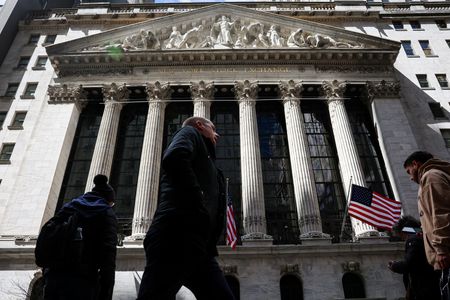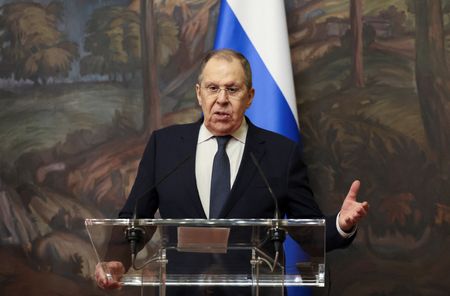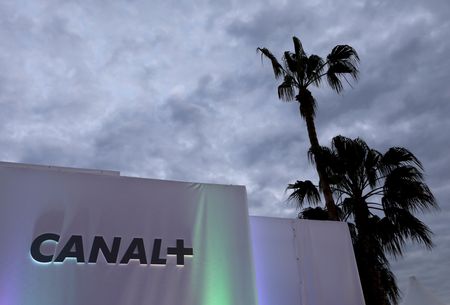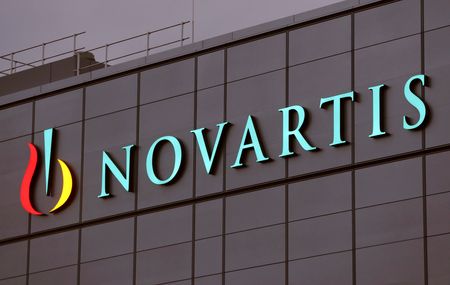By Manya Saini and Pritam Biswas
(Reuters) -A slew of companies across sectors ranging from crypto to consumer launched U.S. IPO roadshows on Tuesday, kicking off the post-Labor Day fall window as investor anxiety over U.S. President Donald Trump’s tariffs started to recede.
Analysts say the window through mid-October will be crucial, with several high-profile names lining up to gauge whether confidence in equities can withstand political and economic uncertainty.
Swedish fintech Klarna, Winklevoss twins-backed crypto exchange Gemini, cafe chain Black Rock Coffee Bar, blockchain lender Figure Technology and engineering and maintenance services provider Legence made public the terms of their respective offerings.
“I believe that the strong sentiment for U.S. IPOs overall will continue for the remainder of 2025 and into 2026, in particular for growth-focused deals in technology and linked to the U.S. consumer,” IPOX CEO Josef Schuster told Reuters.
The fall stretch is traditionally one of the busiest for new deals, as markets shake off the summer lull and dealmakers rush to bring offerings when investors return after Labor Day.
Strong first-day performances this year from high-growth tech and crypto firms including stablecoin issuer Circle, space startup Firefly Aerospace and crypto exchange Bullish have reinforced optimism that the IPO market is stabilizing.
Meanwhile, U.S. stock markets hover near record highs, supporting new issuance and defying political and economic headwinds.
“As long as the (stock) market stays strong, we expect more IPOs to come,” said Bo Pei, analyst at US Tiger Securities.
TRUMP TARIFF WORRIES RECEDE
The IPO market ground to a halt in April after the Trump administration unveiled sweeping tariffs on major economies, roiling global markets and dashing hopes that a fragile rebound in U.S. listings after years of dormancy could take hold.
Firms that pulled back from going public earlier are expected to seize the fall window to test whether investor demand has truly returned, even as political uncertainty, volatile rates and the prospect of renewed trade tensions continue to cast a shadow.
The uncertainty has led to companies pricing IPOs conservatively, favoring valuations that leave room for first-day gains to avoid risking flop debuts.
“Pricing an IPO is as much an art as it is a science,” said Russ Mould, investment director at AJ Bell.
“Some firms or owners may be keen to raise cash or sell almost whatever; some will be more sensitive about the valuation they can get. In the latter case, buoyant markets are more helpful.”
Nasdaq CEO Adena Friedman said earlier this year the IPO pipeline was looking more robust for the second half of 2025, as more large private companies start to brave the volatility to tap equity capital markets.
She also said companies exposed to trade policy uncertainty were adopting a cautious approach and holding off until there was greater clarity.
“We expect the digital asset space and AI-related companies to continue leading the IPO market this fall,” said Jeff Zell, senior research analyst at IPO Boutique.
Dealogic data shows finance has led this year’s market rebound, insulated from tariff shocks, since the sector faces little direct impact from trade flows.
LNG firm Venture Global’s $1.75-billion listing is the year’s largest, followed by AI-focused cloud services company CoreWeave and design software maker Figma.
“With strong debuts and the backdrop of a lower-rate environment, 2026 could finally tip the scales for a much broader wave of listings,” Zell said.
(Reporting by Manya Saini, Pritam Biswas and Ateev Bhandari in Bengaluru; Editing by Pooja Desai)








